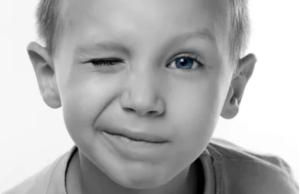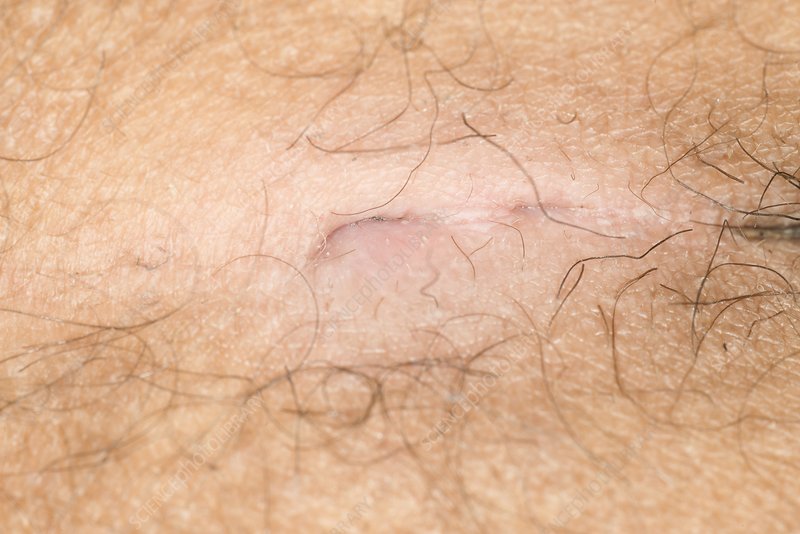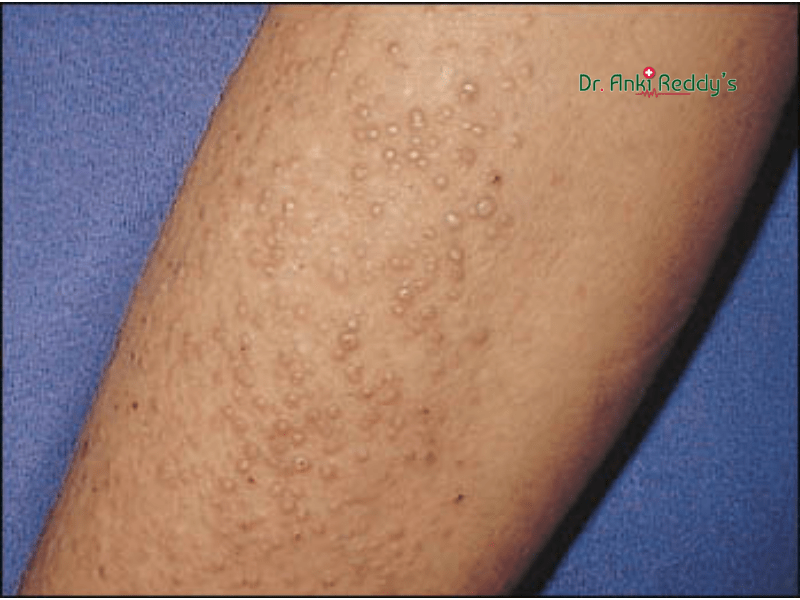Tic Disorder: Causes, Symptoms, and Diagnosis
Tic disorder involves the movements of muscles and can be distressful of course. Tics need to be diagnosed and then treated accordingly.
Tics is indeed irregular, unwanted, uncontrollable, and repetitive movement of muscles that can rather occur in any part of one’s body.
Movements of the limbs, as well as other body parts, are known as motor tics. Involuntary repetitive sounds, such as grunting, sniffing, or even throat clearing, are known as vocal tics.
Tic disorders usually do start in childhood, first presenting at approximately 5 years of age. On the whole, they are more common among males as compared with females.
Many cases of tics are usually temporary and do get resolved within a year. However, some people who experience tics develop a chronic disorder. Chronic tics affect about 1 out of 100.
Tic disorders do belong to the group of extrapyramidal motor hyperkinesias, implying that they do involve excessive movements. These can indeed be simple muscle twitches as well as complex sequences of movements. Verbal exclamations may also in fact occur. Although, this is a rare tic disorder, Gilles-de-la-Tourette syndrome (or “Tourette syndrome”) is quite well-known in the general population. In this manifestation, there are several motors as well as vocal tics, but they do not necessarily occur at the same time.
In childhood, tic disorders are indeed very common and in most cases are not a cause for concern. About a quarter of all children do tend to develop tics, which do no doubt disappear spontaneously within a few days to weeks. Therapy is not all that necessary in this case.
Causes
In addition to genetic predisposition, pregnancy also plays a role in the development of tic disorders. Studies have also shown a connection between smoking, alcohol consumption, medication, drugs as well as stress during pregnancy. Infections with certain bacteria could also really trigger the development of a tic disorder, like after a middle ear infection, scarlet fever, or tonsillitis.
 Symptoms
Symptoms
A tic is considered to be a rapid, involuntary movement or sound production that gets repeated but not rhythmically executed. Although they cannot be controlled directly, they can indeed be suppressed for individually varying periods. Stress can rather intensify them, but they also occur in relaxed situations. Tics do not occur during sleep. The symptoms can rather fluctuate immensely and even disappear completely for a time before their reappearance again. A distinction can be made between simple as well as complex tics, and also between motor and of course vocal tics.
Examples of simple motor tics include:
- Head movements
- Blinking, squinting eyes
- Grimacing
- Shoulder shrugging
- Examples of complex motor tics include:
- Bouncing
- Body contortions
- Echopraxia: imitating other people’s movements
Examples of complex vocal tics include:
Echolalia: This entails repeating other people’s words and phrases.
Coprolalia would mean exclaiming fecal language or obscene terms.
In the beginning, the tics are indeed often not noticed by the affected children. In several cases, parents or teachers are the first to notice the strange behavior. Later, those affected tend to often have a premonition just before a tic occurs. Also, there is often a sense of suffering on account of the exclamations as well as movements that are perceived as inappropriate. It is not all that uncommon for those affected to encounter incomprehension, indignation, or even rejection. In particular, coprolalia, i.e. the exclamation of obscene words, can of course lead to conflicts with fellow human beings. Although it is the best-known symptom, coprolalia is not that common. In Tourette’s sufferers, it is only about 10 to 20 percent.
Diagnosis
Tic disorder is diagnosed based on signs cum symptoms. The child must be under 18 at the onset of symptoms for a tic disorder for a tic disorder to be diagnosed. Also, the symptoms need not be due to other medical conditions or drugs.
Conclusion
Tics is of much concern as a health issue of course.









There are no comments